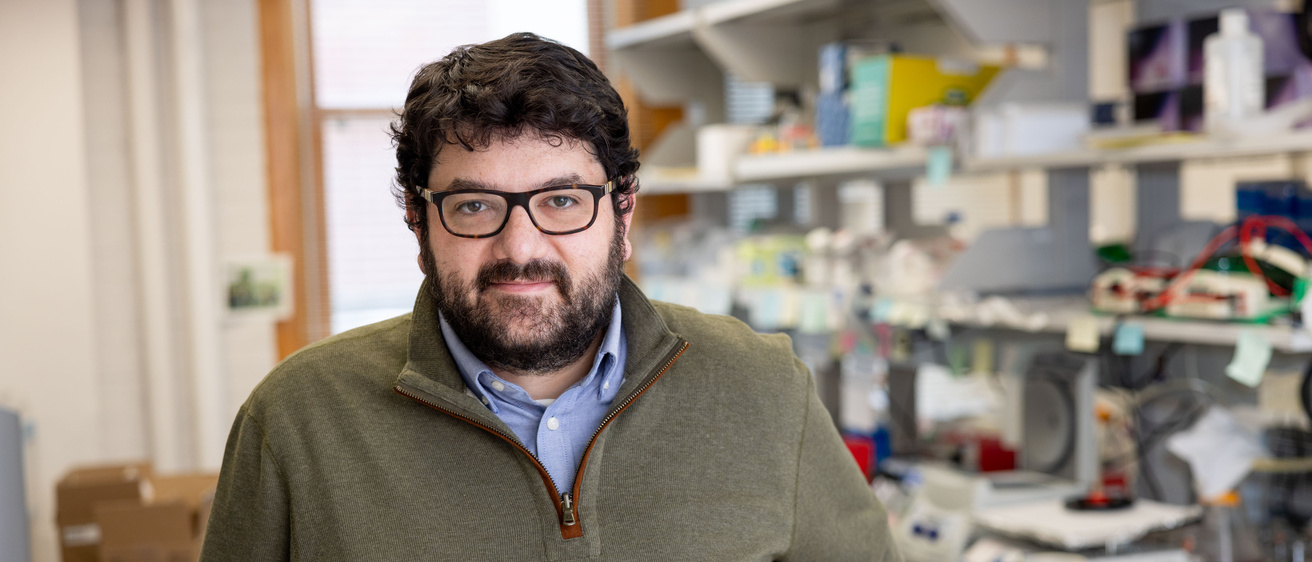Main navigation
The goal of this program is to recognize and advance the development of outstanding early-career faculty who are becoming internationally recognized leaders in their respective fields of research.
Stead Innovation Scholars receive $125,000 per year for three years to pursue new, unexplored ideas that promise consequential discoveries and will also be provided leadership and communication training to advance their professional development.
Our 2025 Scholars:
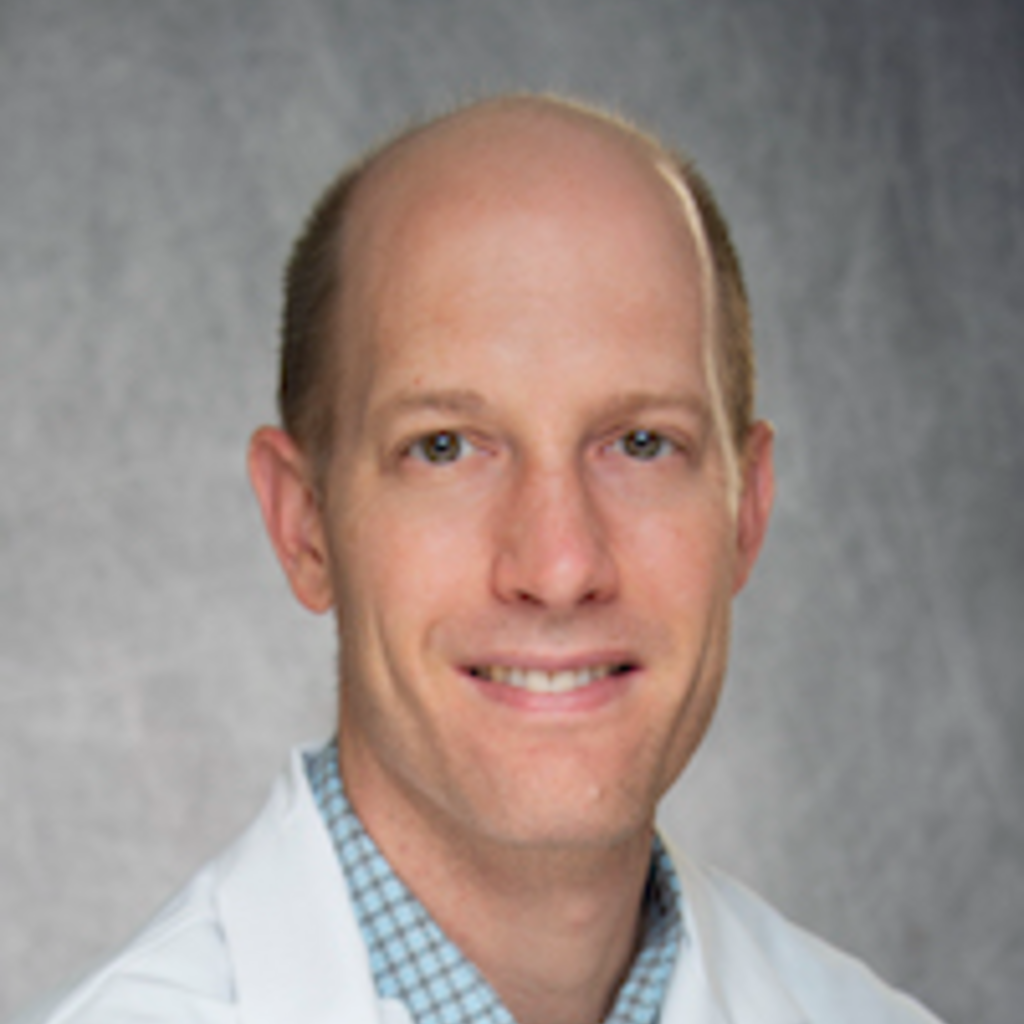
James Byrne, MD, PhD
James Byrne’s lab focuses on translational engineering to solve complex biomedical problems through innovative, high-risk research approaches. Funding from the Stead Innovation Scholars program will support his team's investigation of novel radioprotective strategies aimed at reducing treatment-related toxicities and improving quality of life for cancer patients undergoing radiation therapy.
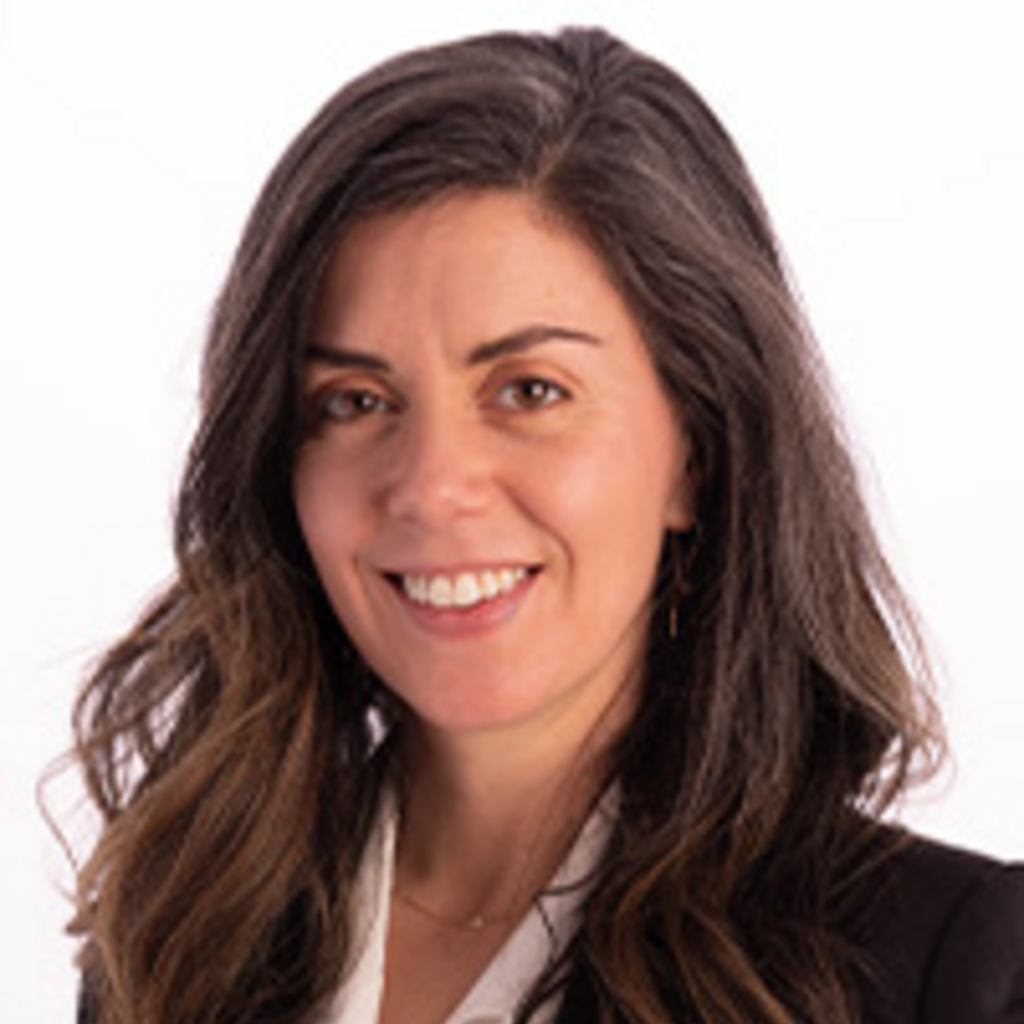
Stephanie Gantz, PhD
Stephanie Gantz’s research pursues a fundamental understanding of how and when the ubiquitous and enigmatic delta-1 glutamate receptors signal in the brain, with the goal of uncovering therapeutic potential of targeting these receptors to treat human diseases. With this funding, Gantz plans to examine the relationship between brain pH and delta-1 glutamate receptor function as it pertains to cognitive function and neuropsychiatric symptoms.
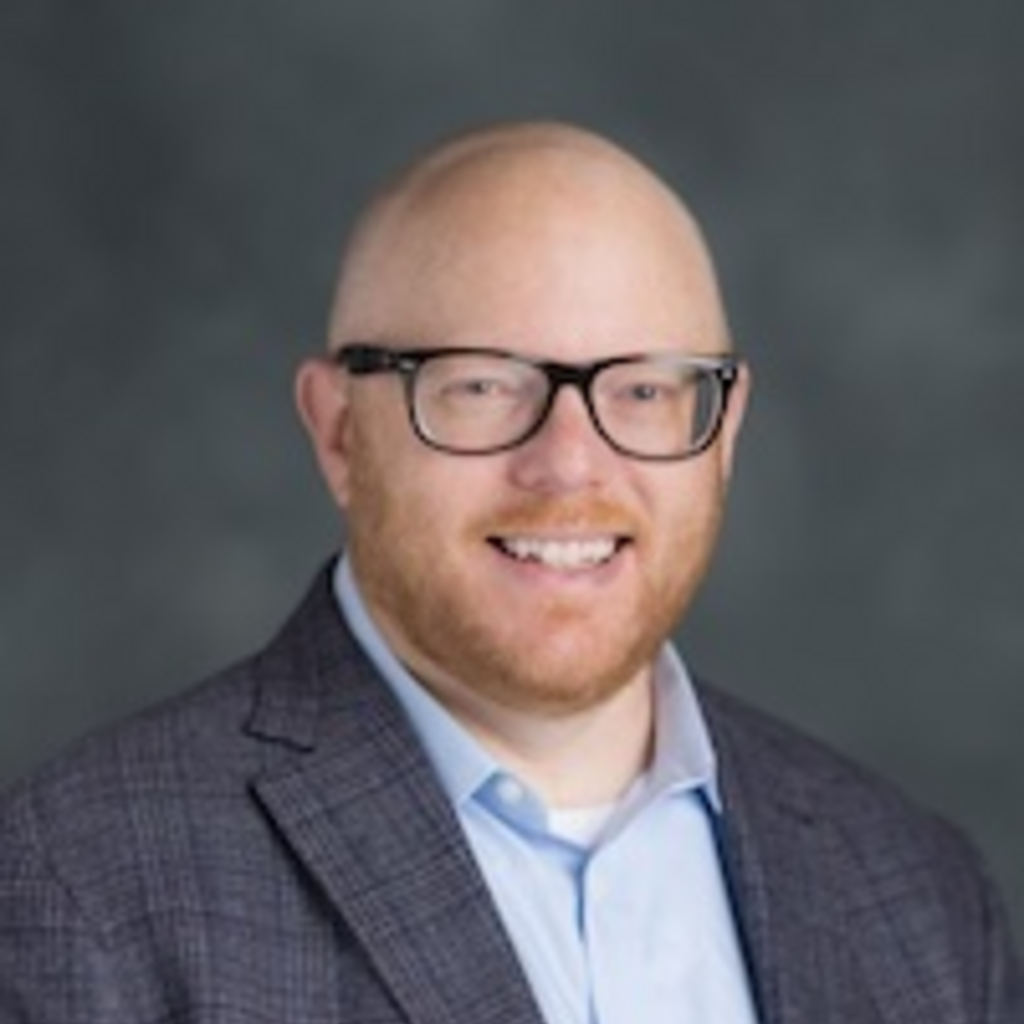
Jeremiah Johnson, PhD
Jeremiah Johnson’s lab studies how the bacterial pathogen Campylobacter jejuni infects the gastrointestinal tract, induces inflammation, and causes tissue damage. Support through the Stead Innovation Scholar program will allow his team to examine whether inflammation during pediatric infection is different and whether this has unique effects on the pediatric gastrointestinal tract.
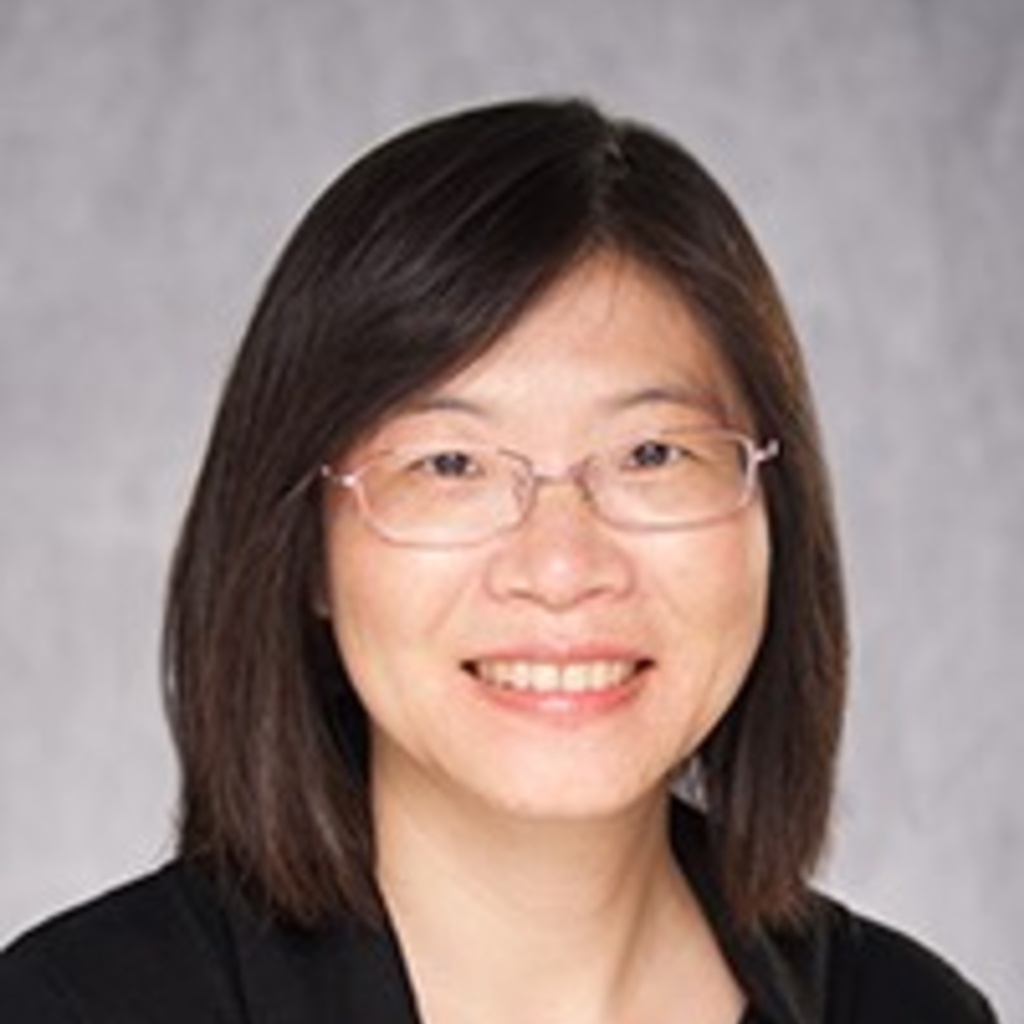
Hua "Linda" Sun, MD, PhD
Hua “Linda” Sun’s lab studies a heavy-duty transport system inside kidney cells, powered by the motor protein cytoplasmic dynein. Her team was the first to discover that in diabetes, this transport network goes off course — misdelivering critical cargo, damaging cells, and ultimately causing the loss of the kidney’s filtering units. With the support of this fund, Sun’s lab is uncovering how this breakdown rewires cellular metabolism and scrambles gene activity. The group is also performing drug screening to identify compounds that can restore dynein-mediated trafficking, offering potential new treatments. Sun's ultimate goal is to develop innovative therapies that can restore — or even protect — kidney health from the earliest stages of diabetic stress, especially in children and adolescents.
Watch a video replay of the 2025 symposium
Previous Awardees
2024 Awardees
Assistant Professor - Department of Neurology
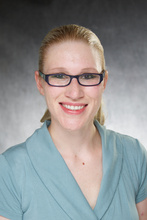
Aldridge’s lab seeks to bridge human and mouse research by evaluating the underlying causes and contributing factors of multiple-etiology dementia, including Lewy body dementia. She studies the relationship between aggregates that build up in the brain and changes in sleep, mood, cognition, and psychiatric function. With this award, she will monitor these symptoms across time in individuals living with dementia, comparing how symptoms interact and differ by disease type.
Associate Professor - Department of Neuroscience and Pharmacology
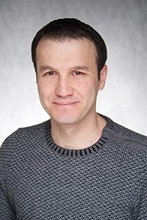
Atasoy’s research focuses on central neural circuits regulating appetite and glucose homeostasis. With this funding, he plans to investigate the brain stem neural pathways that counter hypoglycemia and how they become defective in hypoglycemia unawareness.
Associate Professor - Department of Internal Medicine - Hematology, Oncology, and Blood and Marrow Transplantation
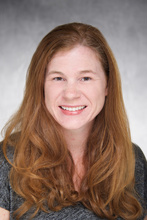
Dodd is co-leader of the Cancer Genes and Pathways program at UI Health Care Holden Comprehensive Cancer Center. Her research focuses on understanding cancer growth and metastasis. With this funding, she plans to test innovative anti-cancer therapies and develop biomarkers for metastatic disease.
2023 Awardees

Lyndsay Harshman, MD, MS
Associate Professor of Pediatrics–Nephrology, Dialysis, and Transplantation
Harshman studies how kidney disease affects children’s cognitive development. She will use the funding to investigate the causes of these previously observed differences in brain development with advanced neuroimaging and animal models.
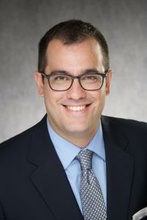
Alejandro Pezzulo, MD
Associate Professor of Internal Medicine–Pulmonary, Critical Care, and Occupational Medicine
Pezzulo’s lab previously developed a system to measure differences in how cells respond to environmental stimuli. He now aims to develop a “stress test” that could be used to create individualized profiles of cellular response for patients with certain chronic diseases.
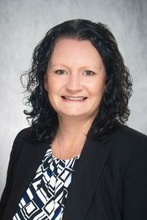
Amy Ryan, PhD
Associate Professor of Anatomy and Cell Biology
Ryan’s work concerns a pathway that regulates how lung cells regenerate from damage. Her goal is to find new targets for therapies in a wide range of chronic lung diseases such as chronic obstructive pulmonary disease, asthma, and cystic fibrosis.
2022 Awardees
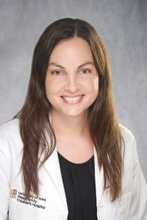
Jennifer Bermick, MD
Associate Professor of Pediatrics-Neonatology
Bermick is expanding the understanding of neonatal immune responses to infection and sepsis to develop therapies that reduce infant mortality associated with these conditions.
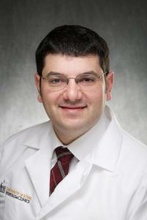
Munir Tanas, MD
Associate Professor of Pathology
Tanas' lab explores the role that Hippo pathways, which regulate tissue growth, play in the genesis and metastasis of sarcomas. He aims to better understand these difficult-to-treat cancers in order to develop new therapeutic options.
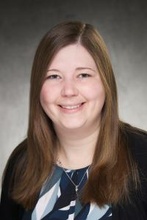
Mary Weber, PhD, MS
Associate Professor of Microbiology and Immunology
Weber investigates how pathogens co-opt cellular processes to survive and replicate, with emphasis on Chlamydia trachomatis. The goal is to help prevent and treat chlamydia, the leading cause of non-congenital blindness worldwide.
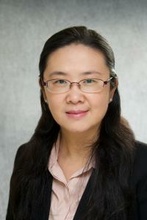
Ling Yang, PhD
Associate Professor of Anatomy and Cell Biology
Yang studies how the body responds to environmental stressors at the molecular, cellular, and organismic levels to find links between those responses and metabolic disorders.
